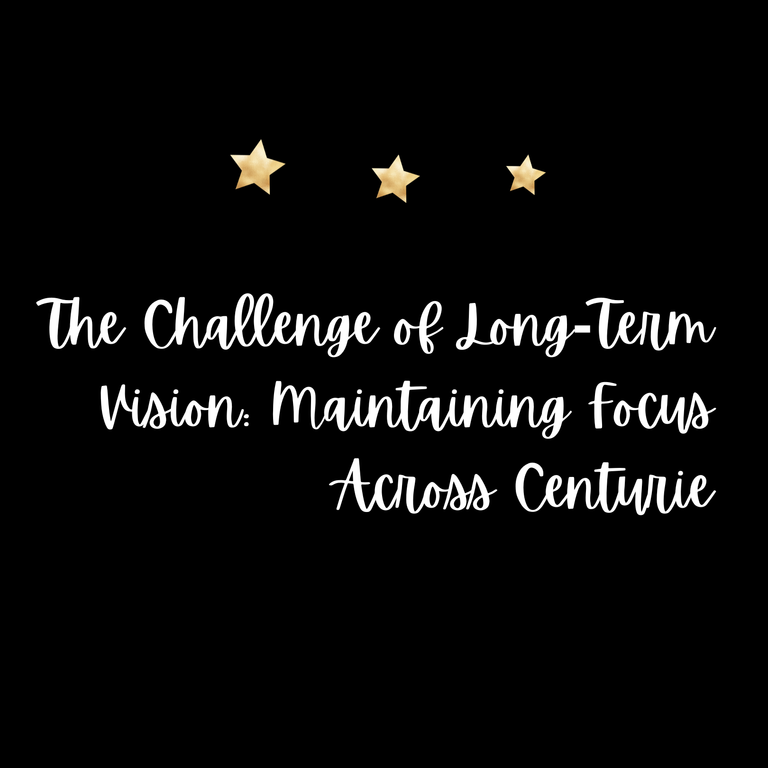
Building a fatality celebrity isn't primarily challenged by lacking energy, items, or skill. It's the time commitment that's substantial. Midway through several centuries, a society can change its mind and go on. There are probably a lot of deserted half-a-death stars scattered over the galaxy.
Despite the rapid pace of technological advancement, one of the few drawbacks in the future is the need for extended periods of focus. Fantastic materials that can do magic, extraordinary energy sources that can make anything happen, and magnificent sources of insight and information will undoubtedly be available to us to realize our goals. Distractions have plagued every society throughout history, yet the key to discovering your loftiest ambitions may be overcoming them. You might find what your ancestors thought was important silly or even humiliating.
When developing something that lasts for several different types of life expectancies, an excellent method of conveying the importance of a goal is required. Building a rocket that can travel 500 years to the nearest celebrity is far easier than thinking about how to keep the mission alive for the people born on board in the decades to come. Before it hits the 250-year mark, the crew will decide to return to a specific future. This insane plan did not enlist them.
Exactly two hundred and fifty years after that starship sailed into orbit, the civilization that built it will have brilliant new ideas, inventions, and maybe even new ways to discover; they may also rapidly reconsider the value of sending humans into space or choose to explore other uncharted territories. This is before we even consider how, in another 250 years, technological advancements may alter the perspectives of those on board.
Furthermore, a creative society may, in the course of many millennia, develop artificial intelligence systems and other tools that would allow it to create almost anything it could imagine. Even if it couldn't synthesize in space, it could do it at home. Feeling ensures that there will be no shortage of energy or materials. There is likely to be no shortage of knowledge, either. A lengthy concentration period would be the sole genuine shortage. Neither purchasing nor downloading that is an option. Bringing your principles and goals into the future would necessitate some new technology.
Sending a goal into the far future presents an ethical dilemma. We should neither burden the next generation with decisions they had no say in making nor deprive them of the agency to choose their own destinies. We wish we could pass on chances and resources to them, but it's tough to tell which ones are real or distant concerns. We risk them seeing our good intentions as naive and drastically changing direction, abandoning our objective.
Doing so makes it easier to disrupt a long-term objective's chain reaction, a period that surpasses both the private and cultural life-span expectations by a significant margin. A short attention span may turn out to be the most prevalent shortcoming among highly intelligent, star-studded humans. Only an extremely rare few will ever complete a task lasting one thousand years. Probably not many occupations will still be relevant 500 years from now.
I often wonder what the prior generation would have needed to convince me to finish what they started.

Posted Using InLeo Alpha
Congratulations @lucidlucrecia! You have completed the following achievement on the Hive blockchain And have been rewarded with New badge(s)
Your next target is to reach 1500 replies.
You can view your badges on your board and compare yourself to others in the Ranking
If you no longer want to receive notifications, reply to this comment with the word
STOP